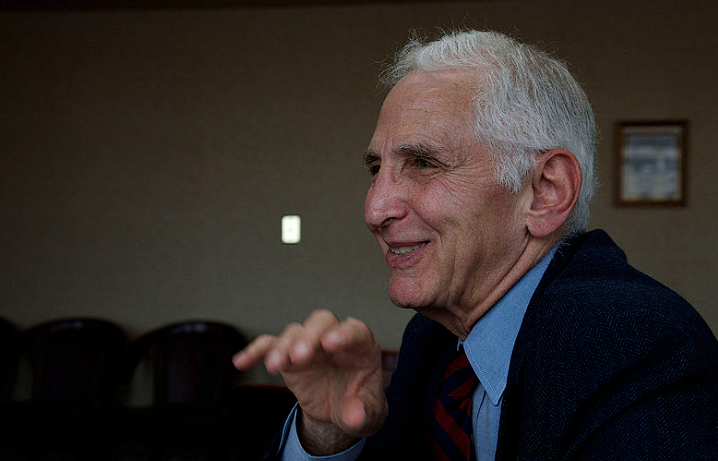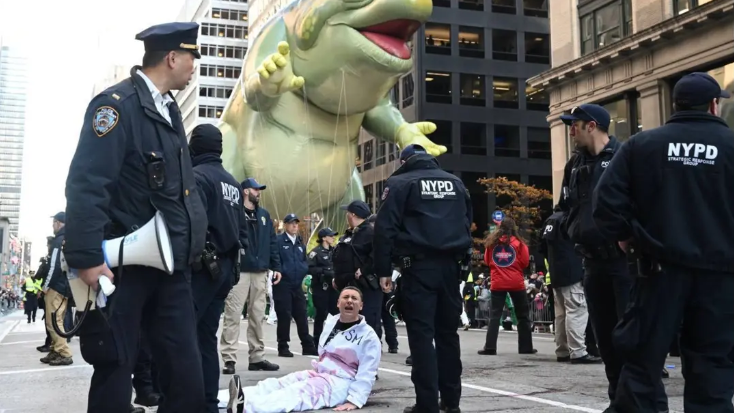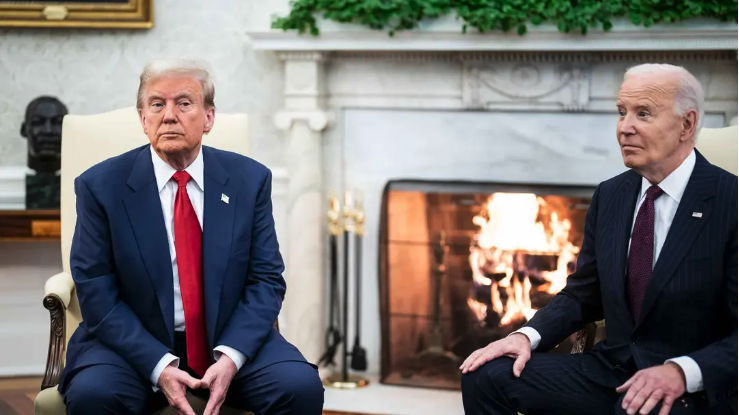Daniel Ellsberg: Pentagon Papers Whistleblower Dies at 92
Former US military analyst and leaker of the 1971 Pentagon Papers, Daniel Ellsberg, died at his home in Kensington, California, on Friday of pancreatic cancer. He was 92 years old.

Facts
- Former US military analyst and leaker of the 1971 Pentagon Papers, Daniel Ellsberg, died at his home in Kensington, California, on Friday of pancreatic cancer. He was 92 years old.1
- The Pentagon Papers consisted of 7K government documents revealing deceptions by consecutive presidents who exceeded their authority, sidestepped Congress, and misled the American public regarding the Vietnam War.2
- Following the leak, the New York Times began releasing excerpts of the documents until former Pres. Richard Nixon's admin. acquired a court injunction preventing it from continuing. However, as portrayed in the 2017 film 'The Post,' the Washington Post picked up where the Times left off.3
- Ellsberg was charged in federal court in 1971 on charges of theft, espionage, and conspiracy, among others, but before a verdict could be made, the judge dismissed the case, revealing he was offered the FBI director position by one of Nixon's aides. It was also revealed that the government ordered Ellsberg's office to be burglarized.1
- He joined the Marines in 1954 — though saw no action — earned a doctorate from Harvard, joined the RAND Corporation, and took part in Washington’s responses to the Cuban missile crisis and North Vietnamese attacks on US ships in the Gulf of Tonkin.2
- His family said he died peacefully among loved ones, adding that "Daniel was a seeker of truth and a patriotic truth-teller, an anti war activist, a beloved husband, father, grandfather, and great-grandfather, a dear friend to many, and an inspiration to countless more."4
Sources: 1BBC News, 2New York Times, 3Breitbart, and 4FOX News.
Narratives
- Establishment-critical narrative, as provided by Intercept. Daniel Ellsberg exposed the dirty truth behind the deceitful nature of the US military and the unnecessary psychological toll it has taken on American soldiers for decades. Though he burst the military-industrial complex's bubble in 1971, he continued to spend a lifetime warning the public about the dangers of journalists not speaking truth to power. He represented the best of America through his unwavering courage to hold its leaders to account. Though the Vietnam War is over, these lessons are still applicable today.
- Pro-establishment narrative, as provided by New York Times. In leaking the Pentagon Papers, Ellsberg not only undermined his nation's military and his personal oath to secrecy, but he proved that the American public wasn't as radically anti-war as he was. Even in the wake of their release, anti-war presidential candidate George McGovern was obliterated by his opponent, and opinion polls showed that, while a majority wanted troops out of Vietnam, Americans weren't in favor of a quick withdrawal like Ellsberg. Is it truly pro-democracy to undermine the elected Congress and president with whom their electors gave sole authority over military decisions?






